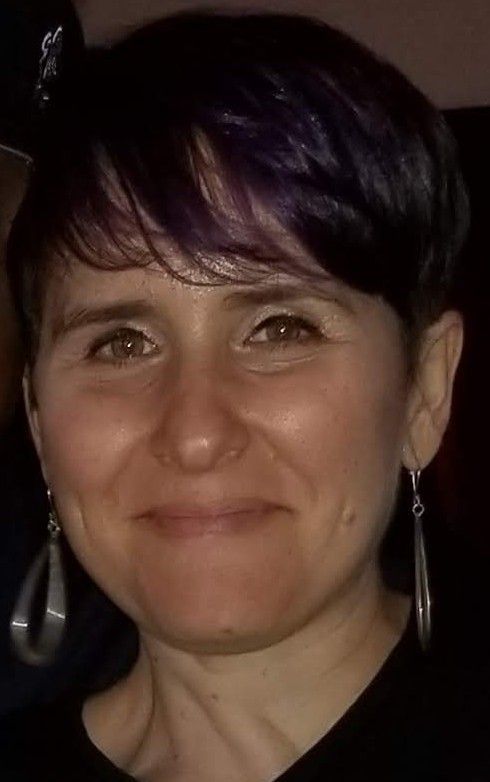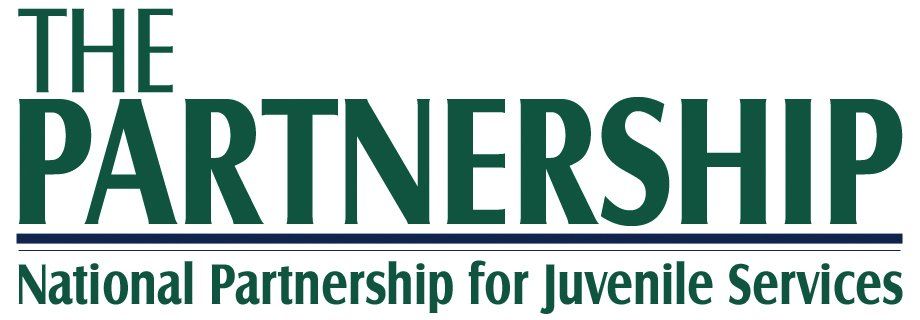Read Our Employee Interview
Juvenile Justice Spotlight

Leslie Britt
Executive Director of Organizational Development
Agency: NYC Administration for Children Services (ACS) and Division of Youth & Family Justice (DYFJ)
Office Location: ACS Central Office - Manhattan, Crossroads JDC - Brooklyn, Horizons JDC - Bronx
1. What led you into the Juvenile Justice field?
“I always worked with young people – even as a kid – when I’d work as a tutor. I also worked with first generation college students in Los Angeles. My ‘people’ ultimately became those that others didn’t want to work with. I helped to start 'Voices UnBroken' – which is a poetry and creative writing organization, working with incarcerated youth and adults. In 2003, I was on the founding team of 'Next Generation Center', having received funding from a donor. We redid a storefront and targeted youth who are aging out of foster care and street involved. In 2016, I started working with NYC in the juvenile system.”
2. What part of your job energizes you?
“Working with my staff, and creating something new that the staff is excited about. They’ve gone through struggles during Raise the Age and COVID and have to work long hours, keeping them away from their own families. They put in 16-hour shifts, sometimes five days a week, so especially after that, I want to do what I can to make them feel supported so they can have a more positive impact on our youth.”
3. What topic would you love to get more training on to help you in your job or with higher career aspirations?
“I’d like to grow my understanding of restorative justice and how it is implemented in juvenile justice jurisdictions. We have started using RJ with staff first so they benefit from it and buy in before we use it consistently with youth . Also, I’d like to study more about change management and how to apply it and use it to motivate exhausted staff.”
4. Who were your mentor(s) in the field? What is something that they taught you that you’ve carried with you throughout your career?
“My first boss in college, Jim Sullivan. He taught me to allow myself to be vulnerable with young people and have fun with them. I learned about restorative justice work initially through my work at the Next Generation Center with Ana Bermudez and Lynne Echenberg. Overall, I have a lot of people who I’ve learned from and have helped me grow.”
5. If you could give advice to someone starting out in the field, what would it be?
“It would be two-fold:
- Find ways to stay connected to your ‘Why; and
- Fiercely protect your boundaries and your wellness;”
6. What has been one of the most memorable experiences for you since working in JJ?
“There is summer program in detention every year, Freedom School. It is a nationwide program promoting literacy, especially with black and brown youth to engage them more deeply and to improve progress over the summer. Harambe – it’s a time when staff invites people to share a reading that has meaning for them – it could be their own poems and stories or they can be written by others. Another memorable time was when a youth left a 'goodbye letter' thanking every staff and peer for helping him in seemingly little ways that made a tremendous impact on him throughout his time in the facility.”
7. If you could give words of wisdom to a youth currently involved in the JJ system, what would they be?
“Create your own goals, create your own path, no matter where the end of your journey in the system is, create what you want to ultimately do. Try to stay as true as you can to who you are.”
8. What are creative ways that you feel we can get more family involvement in JJ?
“I don’t currently work with families but I have in the past. I’d ask staff to approach families without judgement, encourage them to engage with their children, and help them to celebrate the small and big successes. Staff working with families have to realize that everyone brings something to a relationship.”
9. What concerns do you have about the current state of JJ?
“In New York, COVID was really hard – like elsewhere – being understaffed was and continues to be a major challenge. I’m concerned about change management and how to get to a healing culture – not just kids but staff. I work to create opportunities for hope with young people and staff. Our staff, like other jurisdictions, are challenged with long hours, a very high stress environment, and the impact that has on their own families. I focus my work on culture change, recognition of staff, and promoting a better understanding of adolescent development.”
10. What major contribution do you feel you have made to JJ?
“I don’t know about juvenile justice but my system – I’m an eternal cheerleader - focuses on staff needs and always wanting to hear directly from them to work on solutions. I like to bring humanity to our work, which is very difficult most times. It’s easy to be de-humanized and to judge people, but my mission is (as much as I can) to advocate for humanity in our hiring practices, in developing initiatives, and promoting team-building. I believe that if staff are supported, they can be their best selves for our youth.”
